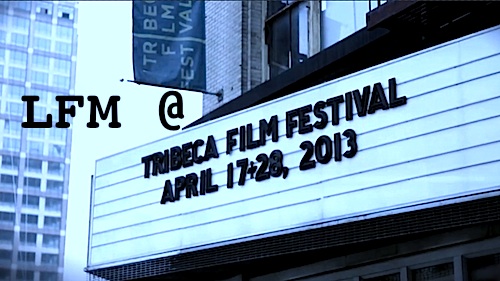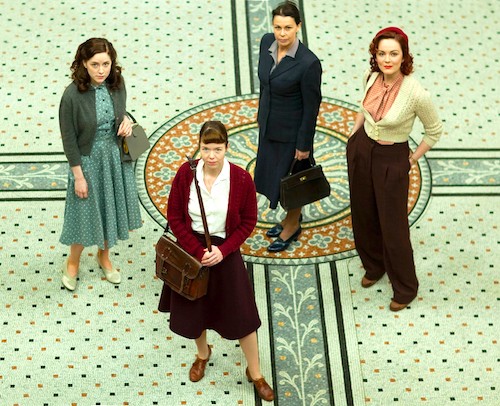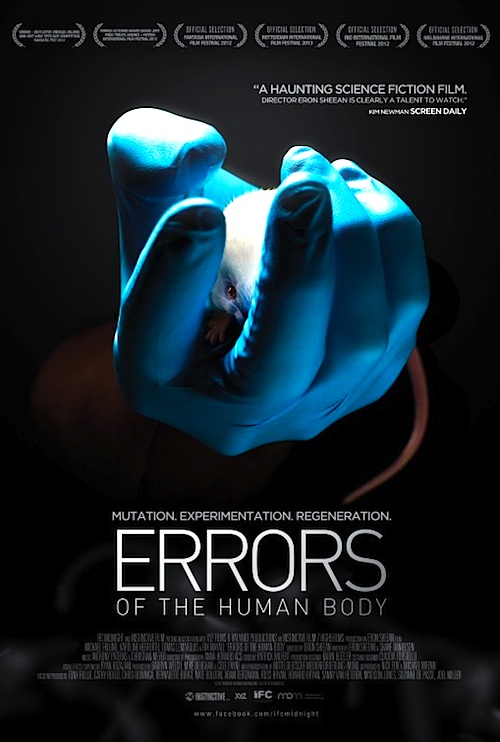By Joe Bendel. Compared to its neighbors, Taiwan is quite tolerant of its GLTB citizens. Communist China not so much. Nonetheless, the gay marriage debate has yet to reach Taipei. To start a family, one middle-aged man went back into the closet, yet events cause him to question that decision in Arvin Chen’s Will You Still Love Me Tomorrow?, which screens during the 2013 Tribeca Film Festival.
It is hard to imagine Weichung hitting the club scene. The straight-laced optometrist is almost painfully reserved. He is a good father, though, and a dutiful husband. He thought he had buried his past, but much to his surprise, Stephen, one of his flamboyant former club buddies, is his sister Mandy’s wedding photographer. At least, he was supposed to be. During the rehearsal dinner, Mandy kind of loses it, calling off the wedding soon thereafter. Having reawakened Weichung’s memories of his younger, freer days, Stephen starts counseling Mandy’s nebbish jilted fiancé, while Weichung starts a tentative flirtation with a flight attendant customer.
Weichung might be finding himself, but he still has a wife likely to consider his actions a deep emotional betrayal. In fact, the relationship between him and Feng constitutes the guts of the film. To his credit, Chen does not take any easy outs. Feng is no shrew. In fact, she is played by Mavis Fan and happens to be a good mother and responsible bread-winner. All of which make things complicated both for the characters and viewers’ emotional responses.
 Fan, the Taiwanese popstar successfully transitioning to the big screen, will be most familiar to American audiences from Tsui Hark’s all kinds of cool Flying Swords of Dragon Gate. She still has a cute screen presence, but the acute sensitivity and down-to-earth sensibilities she brings to bear as Feng are quite impressive. Johnnie To regular Richie Jen will also surprise viewers as the convincingly conflicted Weichung. Unfortunately, Lawrence Ko’s Stephen and his cronies are mostly shticky caricatures.
Fan, the Taiwanese popstar successfully transitioning to the big screen, will be most familiar to American audiences from Tsui Hark’s all kinds of cool Flying Swords of Dragon Gate. She still has a cute screen presence, but the acute sensitivity and down-to-earth sensibilities she brings to bear as Feng are quite impressive. Johnnie To regular Richie Jen will also surprise viewers as the convincingly conflicted Weichung. Unfortunately, Lawrence Ko’s Stephen and his cronies are mostly shticky caricatures.
This is not a didactic message movie. Chen resists the Glee-like temptation to lecture his audience on tolerance, but he understandably spotlights Fan in a karaoke number, thereby boosting Tomorrow’s domestic commercial appeal. Like most of the film, it is actually quite well staged. While a few more broadly comic scenes fall flat, the film and its characters are surprisingly endearing, getting a nice assist from Hsu Wen’s lush, unabashedly sentimental score. Will You Still Love Me Tomorrow is not a towering cinematic experience, but it is extremely likable. Recommended for fans of Eat Drink Man Woman, it screens tomorrow (4/19), Saturday (4/20), Sunday (4/21), and next Thursday (4/25) during this year’s Tribeca Film Festival.
LFM GRADE: B+
Posted on April 18th, 2013 at 11:27am.




